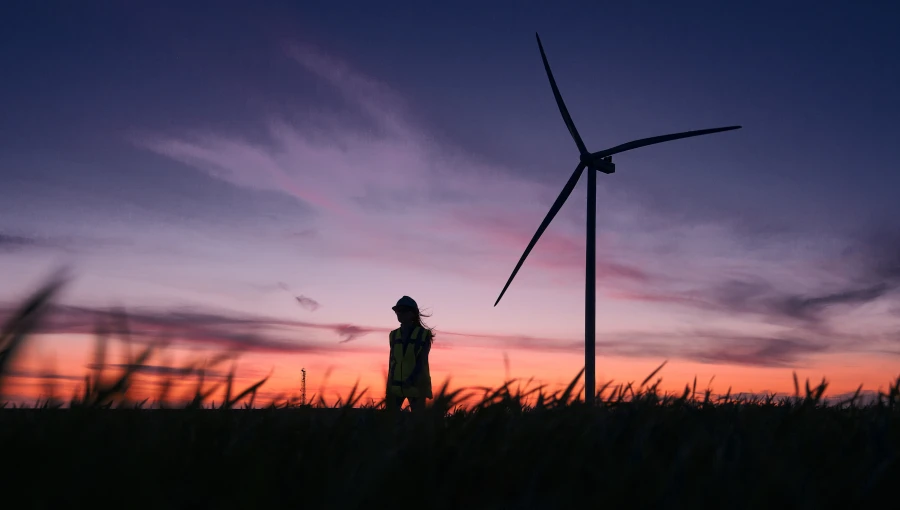Working with local communities is a cornerstone of DRI’s approach to sustainable development and responsible investment.
DRI’s engagement with communities is about building lasting, mutually beneficial relationships. By actively listening and responding to the needs of the communities in which we operate, we aim to ensure that our renewable energy projects deliver tangible benefits and create value not only for our business, but also for communities. We focus on social initiatives, exploring opportunities to support job creation, environmental protection and the preservation of cultural assets, driving positive social and economic impact in local communities.
Focus countries
Communities supported
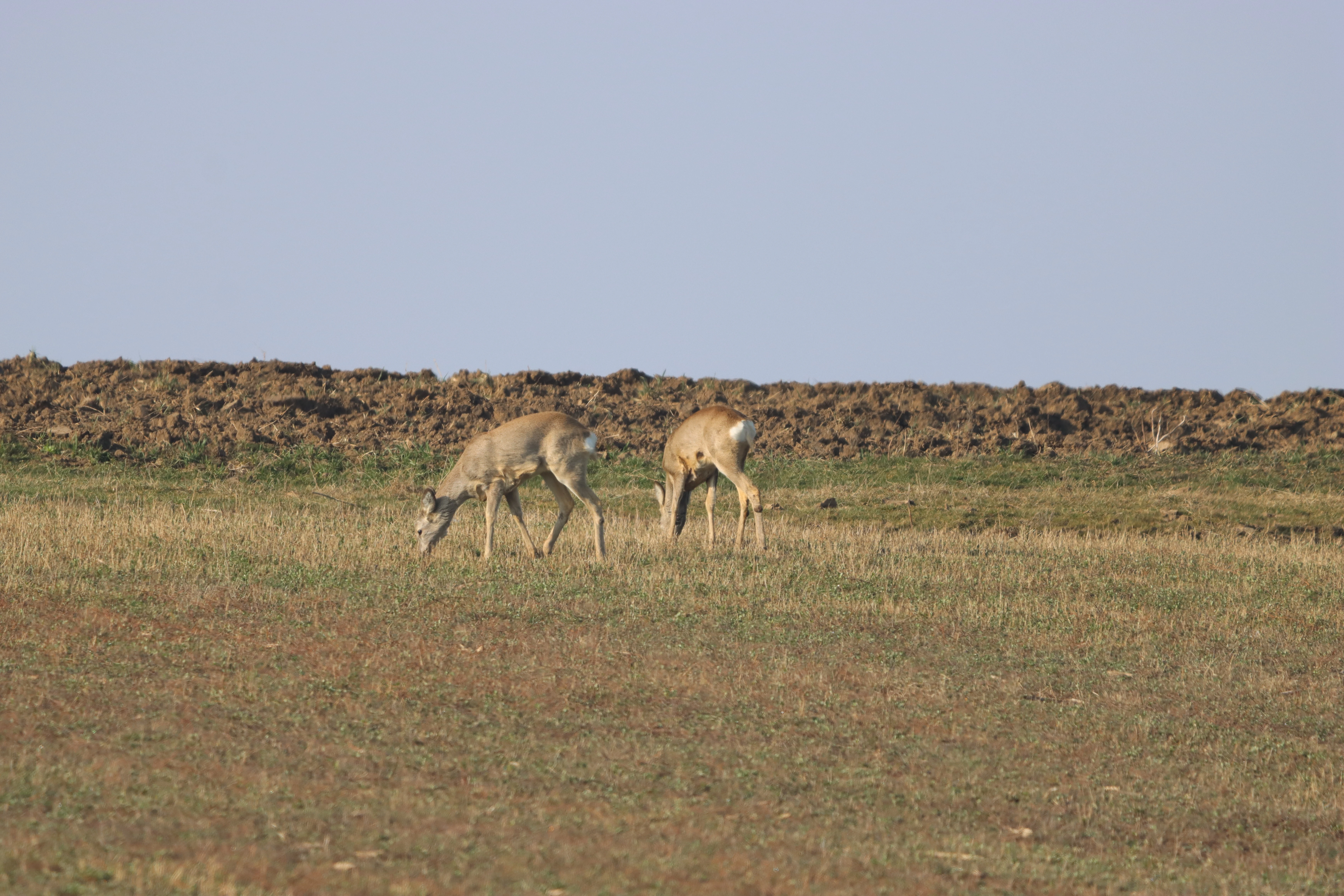
-
Long term commitment: We implement social projects throughout the life cycle of our projects, from development to operation.
-
System approach: We support the socio-economic development of the areas in which DRI operates.
-
Focused approach: We support key beneficiaries in the areas where our projects are located.
As experts in the energy sector who strive for continuous improvement. We firmly believe that education is a cornerstone for creating long-term value, not just within the industry but across society as a whole. By investing in education, we can empower individuals, transform communities, and cultivate a culture of innovation that drives progress and sustainable development.
We focus on underserved markets where we can make the greatest impact, advancing countries’ decarbonisation strategies and expanding renewable energy capacity. As we grow responsibly, we are committed to conserving biodiversity. We strive to minimise the environmental footprint in the areas within which we operate, protect natural habitats, and support biodiversity conservation efforts.
Just as DRI prioritises the health and well-being of our own employees, we also want to make a difference in the communities in which we operate, helping to improve the overall health and well-being of people. By promoting or advancing people’s health, we can boost standards of living and facilitate higher levels of productivity, ultimately helping communities to thrive and prosper.
We believe that sport has the power to bring people together and inspire healthier, stronger communities. We’re dedicated to supporting local sports initiatives, especially for the younger generation, to ignite a passion for active living. By investing in the restoration of existing facilities and the creation of new sports and playgrounds, we aim to create spaces where everyone can come together and thrive through the joy of sport.
DRI supports European and local institutions and non-profit organisations that have trustworthy, transparent processes and programmes in place, and that have a proven track record of impact in the communities they serve.
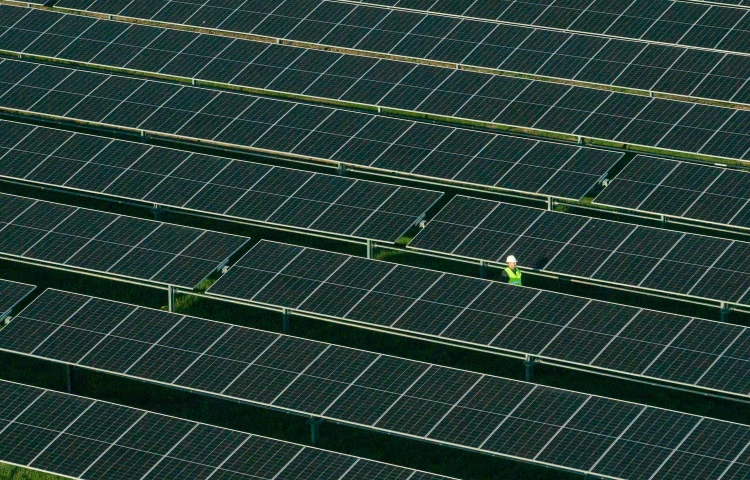
-
Align with DRI’s focus areas (Environmental Protection, Education, Health, and Sport) and fall within DRI’s scope;
-
Are located in areas where DRI operates, has offices, or intends to focus;
-
Benefit a large number of people;
-
Provide opportunities to involve community members and/or DRI employees in volunteering activities.
To ensure our efforts have a lasting impact, DRI works with local non-governmental organisations (NGOs) and stakeholders to identify the specific needs of communities in Croatia, Italy, Poland and Romania. This enables us to tailor our initiatives to address the most pressing issues and create meaningful, sustainable change in the communities where we operate. While we are still developing a robust framework for our NGO partners, we are already actively involved in supporting local communities.
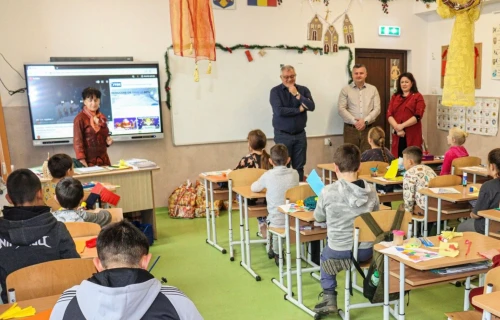

DRI has partnered with local authorities in Romania on several social projects in the Glodeni and Ruginoasa regions, where we have three ongoing operational projects. We are also engaged in Vacaresti commune, where we are constructing a 126 MWp solar park.
-
In Glodeni, we supported the local community by providing 600 Christmas gift packs for children at the local school.
-
In Ruginoasa, home to DRI’s 60 MW wind farm, we assisted children from vulnerable families by distributing warm winter clothing, along with sweets for Children’s Day.
-
In Vacaresti, we provided 350 gift packs for all the children in the commune. Moreover, with the involvement of our subcontractors Ostenweg and Eximprod, we also distributed 330 and 350 packs, respectively, to children in the Ulmi and Lucieni communities to celebrate the end of the school year.
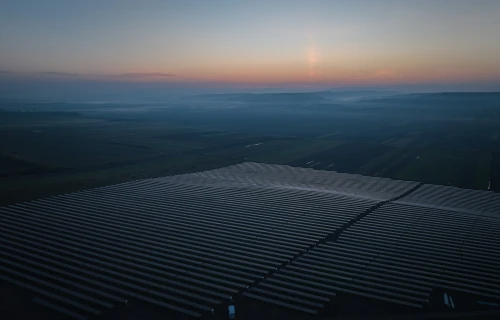

DRI is supporting the completion of the local medical centre in Glodeni, Târgu Mureș County, where DRI operates two solar parks — Glodeni I (53MWp) and Glodeni II (60MWp). The new medical centre is essential for the community as residents currently must travel to the nearest city for basic healthcare. While the municipality has already funded the renovation of the centre, additional furnishings were needed to make it fully functional. DRI has stepped in to provide this support.
The renovated medical centre, featuring three treatment rooms (two general and one dental), will be ready by autumn and will serve the residents of Glodeni, 65% of whom belong to vulnerable groups, including children and the elderly.
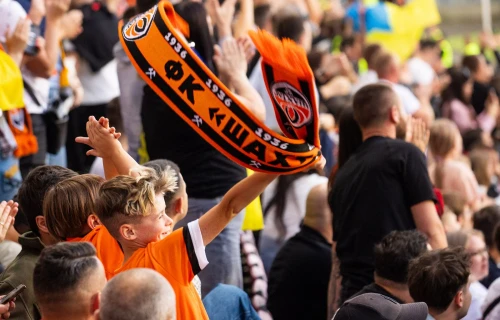

DRI partnered with FC Shakhtar Donetsk to create an unforgettable experience for more than 100 children from Trzebinia. The initiative included transport, meals, branded gear, and tickets to the UEFA Europa League match in Kraków.
In Trzebinia, DRI is developing a 133MW, 4-hour (532 MWh) battery storage project. The site will help balance renewable energy fluctuations, strengthen grid resilience, and accelerate the growth of clean energy in Poland.
“Supporting local communities is vital as we develop our assets. Our goal is to make a lasting impact—not only through our projects but by fostering meaningful connections with people and places,” added Jan Michałowski, DRI Country Director for Poland.

